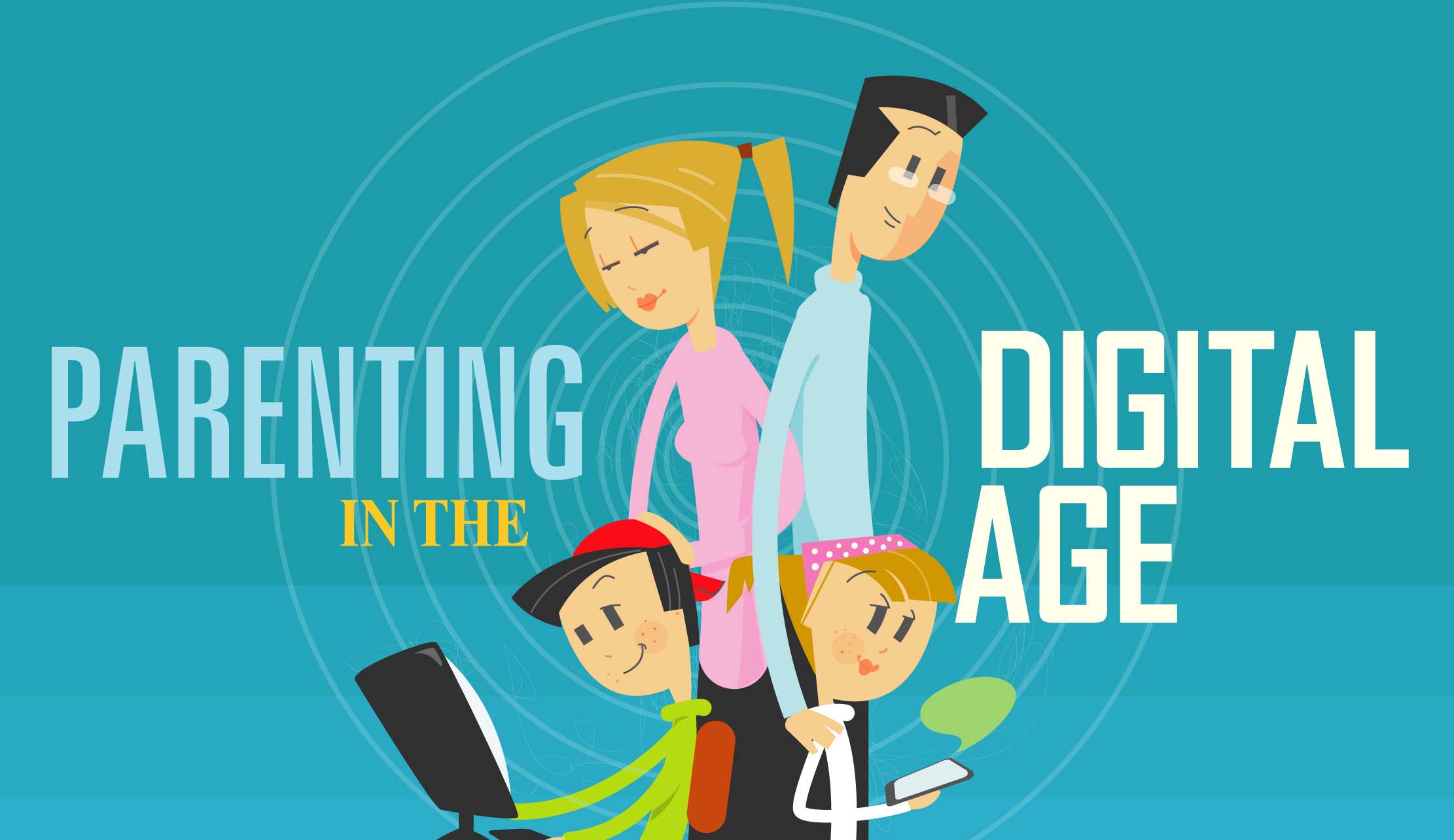Dr. Abdul Majid & Dr. Aijaz Ahmad
Increasing number of young generation experience extensive use of digital technology, mostly these days starts as early as in childhood, due to the easy available and affordable touch-screen devices among younger children and now such generation can be called as “touch generation”. Infants, toddlers and children of school going age use touch-screen devices, such as tablets or smart-phones, to play or watch movies. We see children use smart phones in social situations like in restaurants, waiting rooms and in marriage ceremonies or social gatherings etcto avoid distractions or tantrums by the children. Not only children, parents themselves are largely exposed to media experiences in many fields of their life. To some extent it the easiest way to communicate, enjoy themselves, acquire information, and solve daily problems but in the long run, extended usage can lead to many psychological and physical problems.
Every home these days is encountering such is problems. Children use digital technologies for increased period of time which leads to the potential danger to their impaired cognitive development.
The digital age has its pros and cons when it comes to parenting. Parenting today is really challenging because problems related with issues of Internet, new technology and social mediahas taken every one by storm. Some parents would say that dealing with a child in the digital world is enough to reduce a parent to a quivering mass of self-doubt and anxiety.
Negative Effects of Technology
o Can cause distraction and concentration difficulties and affects their academic career
o They become disconnected from real life
o They can turn into angry children.
o Vision problems
o Neck pain
o Distortion of the skeletal structure of the body
o Arm, hand, finger numbness
o Overstrain
o Can suffer from sleeping disorders.
o Children can be exposed to bullying.
o One of the most common is depression and anxiety risk.
o Obesity risk is one of the most important negative effects of internet on a child.
o Can result in poor academic performance in children.
o They are at risk of having emotional and behavioral problems.
Reasons why parenting in digital era is important
It helps children:
• To learn how to use technology responsibly.
• To develop social skills and emotional intelligence.
• To learn about and develop critical thinking skills.
• To stay safe online and avoid potential risks such as cyber bullying.
• To develop good time management skills
• To learn how to balance their time between screen time and offline activities.
• To understand that there is a real world beyond the screen.
• To develop a healthy relationship with technology and not be afraid of it or addicted to it.
• To become well-rounded individuals and prepare them for the future.
• To develop creativity and imagination.
Parents have their own perception regarding ideas about modern technologies: they can be considered a source of entertainment/relaxation or a learning tool but can be harmful to children’s health such as sleep problems, obesity, etc.
Positive digital parenting
According to this new concept, positive digital parents and caregivers should provide their children with:
► Nurturing care and responding to a child’s need for love, warmth and security
► Guidance regarding access to the internet, technology and social media
► Enhancing a child’s capacities and personal control of their identity, data, privacy and security in the online world
► A non-violent upbringing offline and online
► Consider guiding your child in proper usage of technology
► Check privacy and location settings
► Make your child understand that people befriended exclusively online cannot always be trusted
► Reinforce the notion of not sharing personal information
► Make sure that your teenager has other trusted adults to speak to (e.g. a relative or teacher)that she does not want to share with you
► Search the online games by looking only at reliable and reputable resources
► Communicate with your children about risks associated with online games
► Set ground rules, such as never share any personal information
► Depending upon the age and maturity of your child, disable the chat feature
► Explain your expectations for your child’s screen time and any consequences for non-respect of screen time limits,
► Use parental controls, as appropriate, to help you establish rules for screen time
► Be flexible as children grow and learn online
Ultimately, it is up to each parent to decide how to use the resources available in the digital age. With careful consideration, parents can find ways to use technology to improve their parenting skills and create a safe and healthy environment for their children. Parents can teach children how to manage their timings on smartphones and teach them to act as responsible digital citizens, behave respectfully on social media and learn to make the difference between online friends and real-life friends.
Last but not the least, we need to remember, real care givers, friends and playing fields cannot be substituted by virtual or digital technology.








